A primary difference between juvenile and adult court in Minnesota is juvenile court enjoys a certain level of confidentiality. In adult court, hearings and trials are open to the public. A “public trial” is a right afforded by the Sixth Amendment. In juvenile court in Minnesota, the only people allowed in a court hearing, are the judge, court staff, court reporter, prosecutor, defense attorney, juvenile and his parents or guardians,  probation, and only others that the judge may permit.
probation, and only others that the judge may permit.
Another big difference between adult and juvenile court is there are no jury trials in juvenile court, which is a right an adult has in every criminal case. Instead, in juvenile court, the trial is presented to a judge. The judge determines not only what law applies but determines in the juvenile has committed the alleged offense. In certain types of cases, the prosecution can ask the court to try the juvenile as an adult (certification) or have them designated for extended juvenile jurisdiction. In these situations, the juvenile will then be afforded the right to a jury trial open to the public.
There is also different language that is used as adults can be found guilty were as juveniles would be found delinquent. Juvenile cases are also started with a petition instead of a compliant. The goals of the juvenile system and adult system are also different as juvenile court tries to focus on rehabilitation. This can often lead to better and more creative outcomes than in adult court. But it also often means more active probation and supervision than adult court. When the matter stays strictly in juvenile court, the court can only place a juvenile on probation for 180 days at a time. Sometimes, after the first 180-day period, there is an additional 180-day period of probation. But often, if a juvenile is doing well on probation, then the court may discharge the juvenile from probation early or at the end of the first 180 days. In adult court, probation is often one to two years for misdemeanors. Two to six years for gross misdemeanors. Three to five years for most lower-level felony matters. And five years and up for more serious felonies.
Juvenile court does provide some other advantages that adults do not receive. The biggest advantages are that often a juvenile’s record has a very limited impact on that person’s future criminal history score. Juvenile cases are often blocked from appearing on most background checks and are often considered confidential cases. Juvenile matters also enjoy a different expungement procedure compared to adults. In adult cases, there are often waiting periods before a person can be eligible for a statutory expungement, such as one, two, four, or five years. In juvenile expungement matters, a person can be eligible for a statutory expungement at virtually any time after the case is completed, including any probationary time.
Juvenile cases can often move very quickly through the court system. This includes the process of having a juvenile tried as an adult instead. Talking with an attorney about a juvenile case should always occur sooner rather than later.
Ambrose Law Firm, DWI & Criminal Lawyers
811 Glenwood Ave #102
Minneapolis, MN 55413
(612) 547-3199
https://goo.gl/maps/tvCFtiMpN6C2
AMBROSELEGAL@ICLOUD.COM

You must be logged in to post a comment.